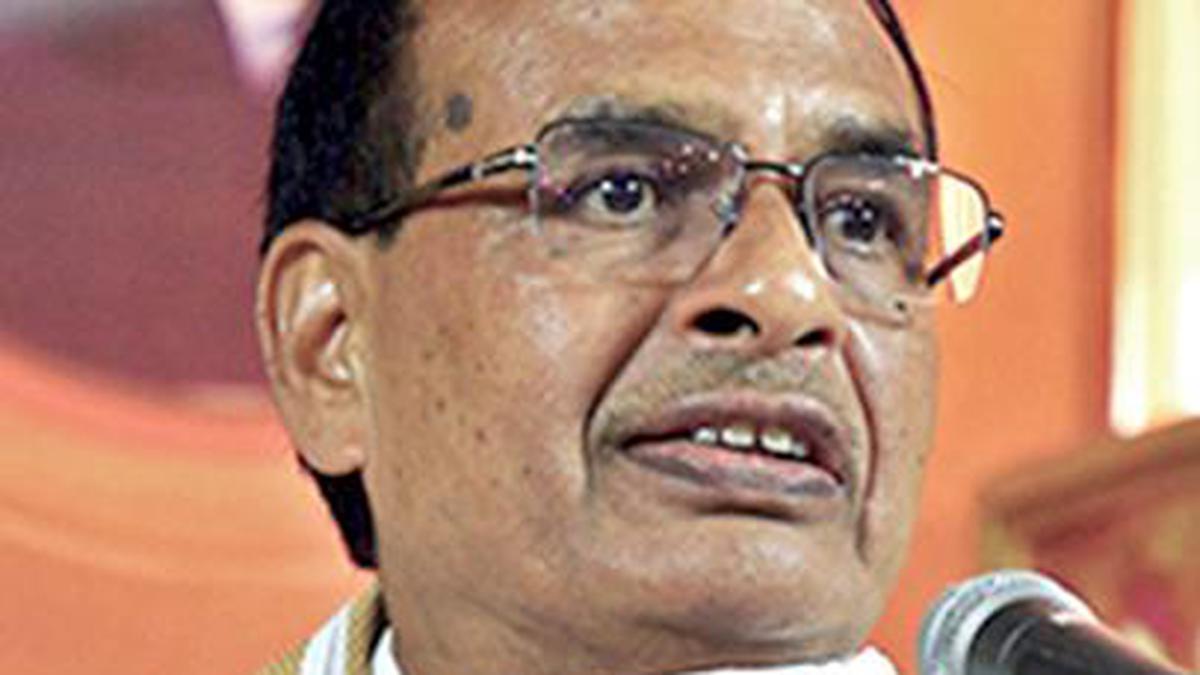
Madhya Pradesh CM says committee to be set up to frame journalists' protection law; announces other sops for scribes
The Hindu
A committee will be set up as part of efforts to frame a journalists’ protection law in Madhya Pradesh, Chief Minister Shivraj Singh Chouhan said on September 7.
A committee will be set up as part of efforts to frame a journalists' protection law in Madhya Pradesh, Chief Minister Shivraj Singh Chouhan said on September 7.
Addressing a 'patrakar samagam' (journalists' gathering) in Bhopal, the CM also said a new 'Patrakar Bhawan' will be built in place of the old demolished building.
“It will be called the ‘State media centre’ and will have a modern convention centre, library and canteen etc,” the CM added. "A committee of senior journalists will be constituted to give recommendations to frame the State's Journalist Protection Act," he said.
Mr. Chouhan also said the honorarium being paid to senior journalists above 60 years of age will be enhanced from the current ₹10,000 per month to ₹20,000, while in the event of a journalist's death, the spouse will get ₹8 lakh as assistance.
"Accredited journalists can avail loan of ₹30 lakh instead of 25 lakh at present for construction of their house. The State government will pay the additional 27% cost of premium for the journalist health insurance scheme this year while it will pay full premium for journalists and their spouses aged 65 and above," he told the gathering.
“The assistance given to journalists for the treatment of normal diseases has been raised from ₹20,000 to ₹40,000 and for serious ailments from ₹50,000 to ₹1 lakh,” he said.
“For educational loans of children of accredited journalists, the State government will pay a subsidy of 5% on interest for five years, while training will be imparted to journalists in the field of digital technology in association with the Makhanlal Chaturvedi National University of Journalism and Communication,” the CM announced.

“Writing, in general, is a very solitary process,” says Yauvanika Chopra, Associate Director at The New India Foundation (NIF), which, earlier this year, announced the 12th edition of its NIF Book Fellowships for research and scholarship about Indian history after Independence. While authors, in general, are built for it, it can still get very lonely, says Chopra, pointing out that the fellowship’s community support is as valuable as the monetary benefits it offers. “There is a solid community of NIF fellows, trustees, language experts, jury members, all of whom are incredibly competent,” she says. “They really help make authors feel supported from manuscript to publication, so you never feel like you’re struggling through isolation.”

Several principals of government and private schools in Delhi on Tuesday said the Directorate of Education (DoE) circular from a day earlier, directing schools to conduct classes in ‘hybrid’ mode, had caused confusion regarding day-to-day operations as they did not know how many students would return to school from Wednesday and how would teachers instruct in two modes — online and in person — at once. The DoE circular on Monday had also stated that the option to “exercise online mode of education, wherever available, shall vest with the students and their guardians”. Several schoolteachers also expressed confusion regarding the DoE order. A government schoolteacher said he was unsure of how to cope with the resumption of physical classes, given that the order directing government offices to ensure that 50% of the employees work from home is still in place. On Monday, the Commission for Air Quality Management in the National Capital Region and Adjoining Areas (CAQM) had, on the orders of the Supreme Court, directed schools in Delhi-NCR to shift classes to the hybrid mode, following which the DoE had issued the circular. The court had urged the Centre’s pollution watchdog to consider restarting physical classes due to many students missing out on the mid-day meals and lacking the necessary means to attend classes online. The CAQM had, on November 20, asked schools in Delhi-NCR to shift to the online mode of teaching.









